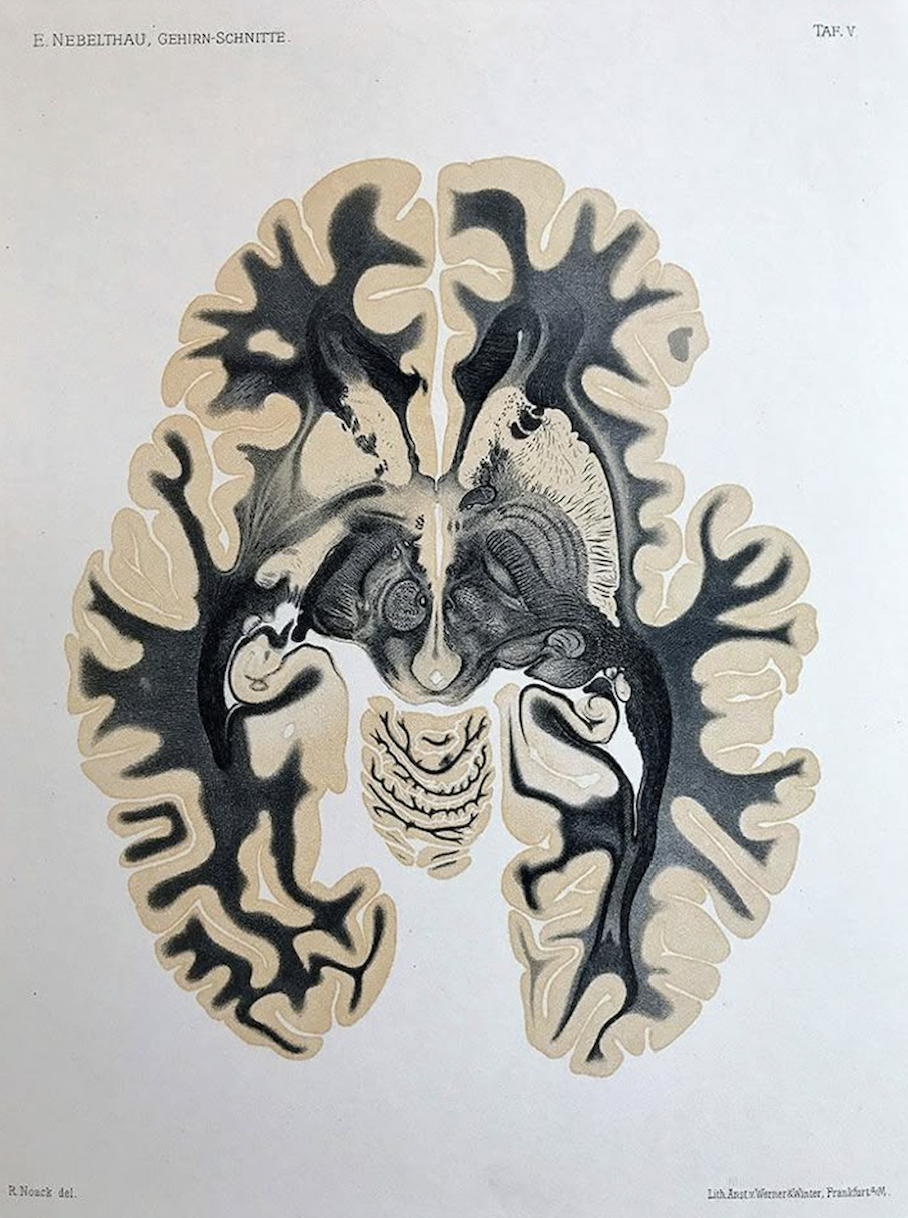The Brain-Boosting Power of B12


The Brain-Boosting Power of B12: What This Essential Vitamin Really Does for Your Mood and Mind
For something your body needs in micrograms, vitamin B12 plays a macro role in how you think, feel, and function. It's one of the most overlooked drivers of mental clarity, emotional balance, and long-term brain health — and yet deficiency remains surprisingly common, even among people who feel “mostly fine.”
Why B12 Matters for the Brain
Vitamin B12 (cobalamin) is essential for keeping your nervous system running smoothly. It’s involved in:
-
Myelin production – Myelin is the fatty sheath that insulates your nerve fibres. Without enough B12, nerve signalling slows and can misfire.
-
Neurotransmitter synthesis – B12 helps your brain make serotonin, dopamine, and norepinephrine — the very chemicals involved in mood, motivation, and mental energy.
-
DNA and red blood cell formation – Vital for oxygen delivery to brain cells and cognitive sharpness.
-
Methylation and detox – B12 fuels methylation, a key process that clears out neurotoxins and regulates gene expression in brain tissue.
Even a marginal deficiency can show up as brain fog, low mood, or poor focus — especially in older adults, vegetarians, those with gut issues, or anyone under chronic stress.
What the Research Shows
Here’s what the most rigorous, tier-one research has uncovered:
Depression and Mood Disorders
A 2020 meta-analysis of randomised controlled trials published in Psychopharmacology found that B12 supplementation significantly improved depressive symptoms, especially when combined with standard antidepressants. Low B12 is associated with higher homocysteine levels — a known disruptor of mood regulation and inflammation in the brain.
Cognitive Function and Memory
Multiple population studies, including the Framingham Study, have shown that older adults with lower B12 levels are more likely to experience cognitive decline, memory loss, and impaired executive function. MRI research even shows brain shrinkage in those chronically deficient.
Stress and Resilience
In a 12-week double-blind study published in Human Psychopharmacology, participants who received a B-vitamin complex including B12 showed lower stress and improved subjective wellbeing compared to placebo — especially in high-pressure work environments.
Where to Get B12 (and Who’s at Risk)
Dietary Sources
B12 is naturally found in animal-based foods:
-
Grass-fed red meat
-
Pasture-raised eggs and dairy
-
Wild-caught fish
-
Organ meats like liver
Vegans and vegetarians are at higher risk of deficiency and should rely on:
-
Fortified plant milks
-
Nutritional yeast
-
Vitamin-enriched cereals
Supplementation
If blood levels are low or borderline, supplementation may be necessary. The most bioavailable forms are:
-
Methylcobalamin – the active, neurological form
-
Cyanocobalamin – stable and widely used in fortified foods
-
Hydroxocobalamin – often used in prescription injections
In cases of significant deficiency or poor gut absorption (e.g., post weight-loss surgery, autoimmune gastritis), your doctor may recommend intramuscular B12 injections.
Biolume Insight
At Biolume, we assess B12 alongside methylation markers (like homocysteine) and inflammatory indicators to get a complete picture of whether your B12 is functioning optimally — not just whether it's “within range.”
If you’ve been feeling foggy, flat, or unusually fatigued, it’s worth checking whether low B12 is silently contributing. Often, it's not about fixing a number — it's about restoring the biological inputs your brain depends on to thrive.

